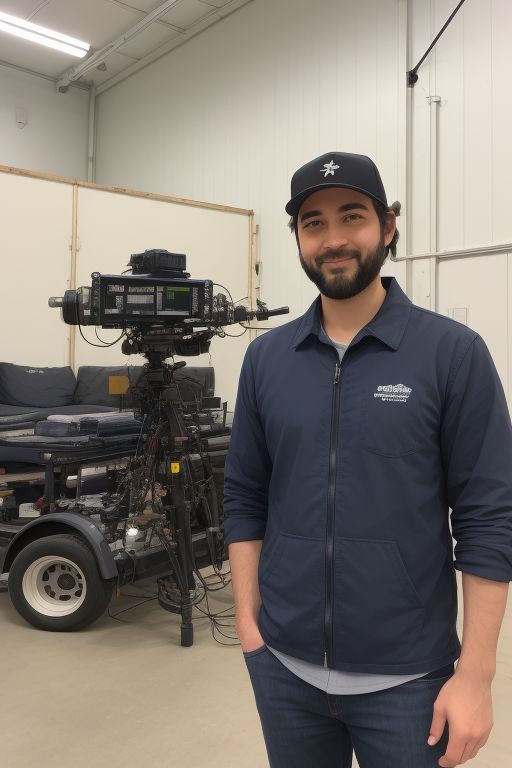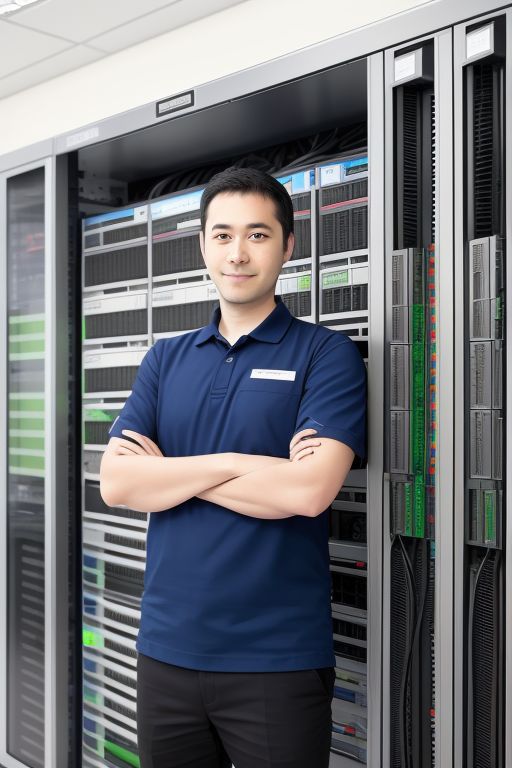A Production Assistant (PA) is an entry-level role in the film, television, and live event industries, providing essential support to ensure smooth operations. They handle a variety of tasks, from running errands and assisting with setup and breakdown to providing general support to the production team. This article delves into the diverse responsibilities of a Production Assistant, highlighting their significance, required skills, and the impact they have on the overall production.
The Role of a Production Assistant (PA)
A Production Assistant’s role is crucial in the day-to-day operations of a production. They act as the go-to person for various tasks that keep the production moving efficiently. Here’s a detailed look at their key responsibilities:
- Pre-Production Support
- Preparation and Setup: PAs help prepare the set or location before shooting begins. This can involve setting up equipment, arranging props, and ensuring that all necessary materials are on hand.
- Administrative Tasks: They assist with paperwork, such as organizing call sheets, scripts, and schedules. PAs may also handle phone calls and emails, ensuring effective communication within the production team.
- Logistics Coordination: PAs coordinate logistics, including arranging transportation for crew and talent, and ensuring that everyone knows their schedule and call times.
- On-Set Responsibilities
- General Support: On set, PAs provide general support to the production team. This can include fetching items, setting up craft services, and handling minor repairs or adjustments.
- Errand Running: PAs run errands as needed, such as picking up equipment, delivering messages, or getting food and beverages for the crew.
- Talent Assistance: They assist talent with anything they need, such as providing water, helping with wardrobe, or ensuring they are in the right place at the right time.
- Safety and Security: PAs help maintain a safe and secure set by managing crowd control, ensuring that pathways are clear, and assisting with any safety protocols.
- Post-Production Support
- Breakdown and Cleanup: After shooting wraps, PAs assist with breaking down the set, packing up equipment, and cleaning the area to leave it as it was found.
- Logistics Coordination: They help with the organization and return of rented equipment and props.
- Archiving: PAs may assist in organizing and archiving production documents, scripts, and footage for future reference.
Key Skills Required for a Production Assistant
Being an effective Production Assistant requires a combination of organizational skills, physical stamina, and the ability to multitask. Here are some of the most critical skills needed:
- Organizational Skills: PAs must be highly organized to manage multiple tasks and ensure that everything runs smoothly.
- Communication: Effective communication is crucial for relaying messages accurately and ensuring that everyone on the production team is informed.
- Adaptability: The ability to adapt to changing situations and handle unexpected tasks is essential.
- Physical Stamina: PAs often work long hours and perform physically demanding tasks, requiring good physical stamina.
- Problem-Solving: Quick thinking and problem-solving skills are important for addressing any issues that arise on set.
The Impact of a Production Assistant
The work of a Production Assistant significantly impacts the efficiency and smooth operation of a production. Here are some ways they make a significant impact:
- Efficiency: By handling a variety of tasks, PAs free up other crew members to focus on their specialized roles, improving overall efficiency.
- Support: PAs provide essential support that ensures the production runs smoothly, from setup to breakdown.
- Morale: By assisting with the needs of the crew and talent, PAs help maintain a positive and productive working environment.
- Problem-Solving: PAs help resolve minor issues quickly, preventing them from escalating and causing delays.
The Production Assistant’s Workflow
To understand the role of a Production Assistant, it’s essential to look at their workflow in detail, from pre-production to post-production.
- Pre-Production Phase
- Preparation and Setup: Assist with set or location preparation, equipment setup, and organizing materials.
- Administrative Tasks: Handle paperwork, phone calls, and emails, and organize schedules and call sheets.
- Logistics Coordination: Arrange transportation and ensure everyone knows their schedule and call times.
- Production Phase
- General Support: Provide support on set, including fetching items, setting up craft services, and handling minor repairs.
- Errand Running: Run errands as needed, such as picking up equipment or delivering messages.
- Talent Assistance: Assist talent with their needs and ensure they are in the right place at the right time.
- Safety and Security: Help maintain a safe and secure set.
- Post-Production Phase
- Breakdown and Cleanup: Assist with breaking down the set, packing up equipment, and cleaning the area.
- Logistics Coordination: Help organize and return rented equipment and props.
- Archiving: Assist in organizing and archiving production documents and footage.
Real-World Examples of Production Assistants
To illustrate the impact and responsibilities of Production Assistants, let’s look at some real-world examples:
- Film Production
- PA’s Role: In film, PAs handle a variety of tasks, from setting up scenes to assisting the director with various needs. They ensure that all departments run smoothly and that any issues are quickly addressed.
- Challenges: Film productions often involve long hours and a fast-paced environment, requiring PAs to be adaptable and efficient.
- Television Shows
- PA’s Role: For television shows, PAs assist with daily operations, including preparing the set, coordinating with talent, and ensuring that filming stays on schedule.
- Challenges: Television productions often have tight schedules and high-pressure environments, requiring PAs to be organized and calm under pressure.
- Live Events
- PA’s Role: In live events, such as concerts or award shows, PAs assist with setup, coordinate with performers, and handle any last-minute changes or needs.
- Challenges: Live events are unpredictable and require PAs to be quick-thinking and able to handle unexpected situations.
- Commercials
- PA’s Role: In commercial production, PAs manage logistical details, assist with set changes, and ensure that the production stays on schedule and within budget.
- Challenges: Commercial productions often involve short timelines and high expectations, requiring PAs to be efficient and detail-oriented.
Conclusion
The role of a Production Assistant is multifaceted and essential to the success of any production. PAs are the backbone of the production team, providing support that ensures everything runs smoothly from pre-production to post-production. Their responsibilities span a wide range of tasks, requiring a unique blend of skills and adaptability.
Production Assistants play a crucial role in maintaining the efficiency, morale, and overall success of a production. Their work ensures that the crew can focus on their specialized tasks, that the talent is well-supported, and that the production runs smoothly and efficiently.





